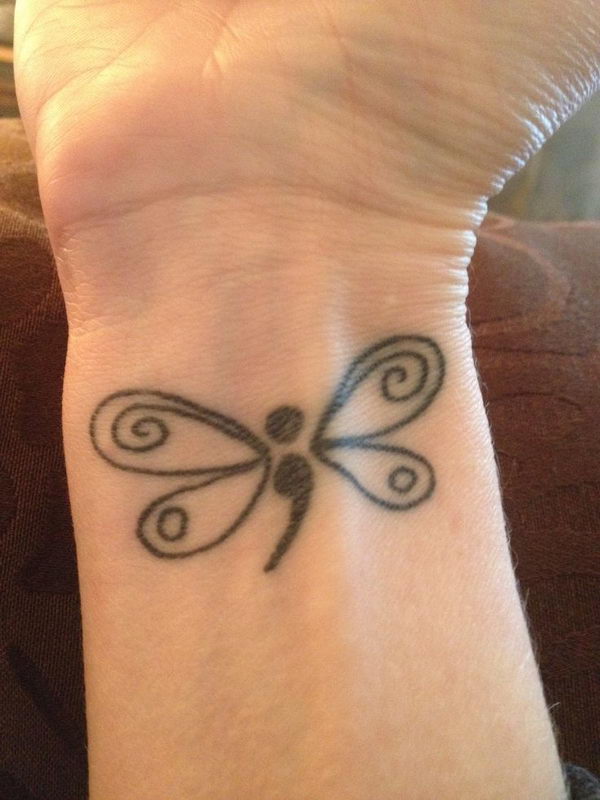Punctuation's consistent rules are needed to provide a stable structure for a constantly evolving world, thus allowing man-kind to advance at a perpetual rate.
Although punctuation is often seen as inconvenient and even unnecessary, it is needed to bring order to a world filled with chaos. Some say that punctuation rules need to be updated, yet those people don't give specific changes that need to be made. Changes like the pilcrow and the hedera have indeed "enjoyed temporary places in common usage before fading from view" (Source A). Therefore, history itself has proven that the current rules are adequate. Also, like Ben Dolnick, many people have experienced first hand, how at first glance some punctuation seems unnecessary, but after further inspection the true beauty and "exquisite tension" (Source E) can be fully appreciated. Also, Dolnick's point that no literary advice should be "adopted mindlessly" (Source E) resonates with the idea that change should not be desired for the sake of change. Sure the ever-changing world inspires innovative ideas, but structural basics to human-kind like punctuation have no need to be altered. For if they are altered like the world is, society will no longer have a mutual basis to which they can express their ideas. Whether it's through the use of the comma that is the most "usable of all the stops" (Source D) or the semicolons that give off "a pleasant little feeling of expectancy" (Source D), today's punctuation helps express anything from a simple note to a friend to a world-changing idea. Therefore, through the consistent templates of punctuation, the world can continue to grow.

Although punctuation can be helpful sometimes, it limits creativity if enforced strictly. Punctuation changes like people change, and you can see that around us, for example using text emoticons like XD is now mainstream and can be considered a new form of punctuation. Overall I think your blog was very well written, no matter what my beliefs are :)
ReplyDeleteWhy is a "mutual basis to which [we] can establish ideas" a concern? If we change a language together (i. e. on the internet) everything should be fine. Right now, a few people dictate how language is used by the masses, and that's not necessarily a good (or bad) thing.
ReplyDeleteAs well, people speak different languages, so if anything is going to prevent the spread of ideas, or be a source of chaos and instability, that is. Google Translate just doesn't cut it.
Good post!
I agree with your view that through the maintaining of the current rules we can help uphold the standards of communication. Excellent articulation of the point.
ReplyDeleteAlthough many of these rules are adequate, they often lean into the territory of restrictive which can be seen by the fact that many of the authors besides Dolinick do not like some of the current rules. Is correctness more important than expression?
ReplyDeleteI agree with your argument. It was nice how you incorporated items like the pilcrow and hedera to argue your point. You argued your point well and found good quotes to support it.
ReplyDeleteI agree with the statement you made about how " punctuation is often seen as inconvenient and even unnecessary, it is needed to bring order to a world filled with chaos" and also I liked the fact that you incorporated many sources.
ReplyDelete